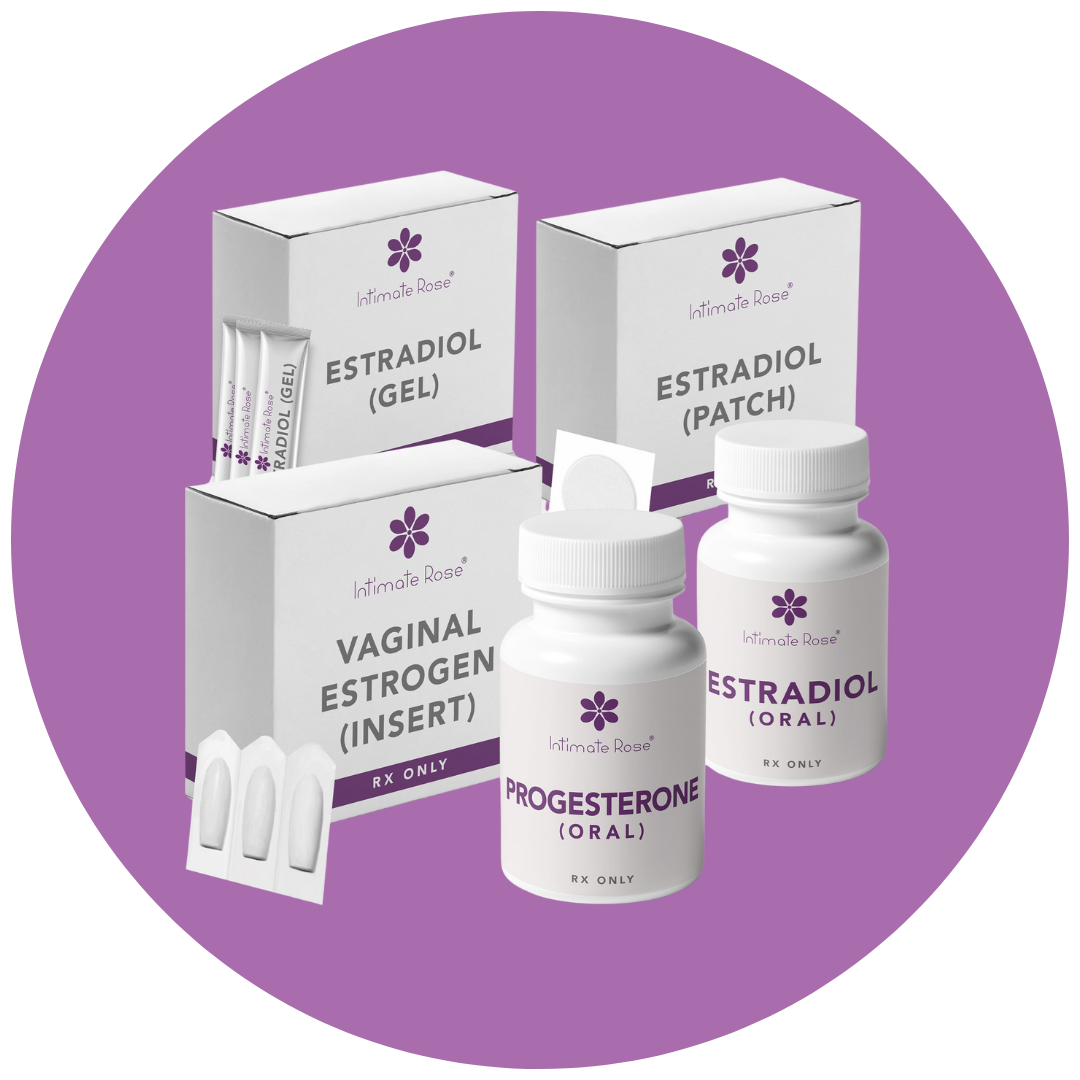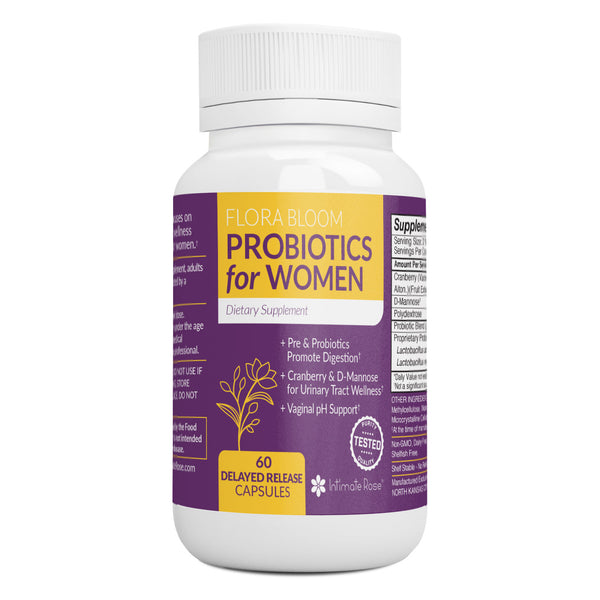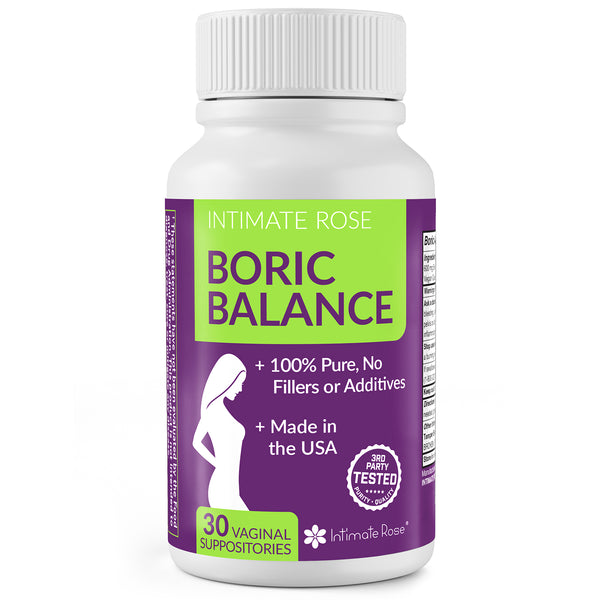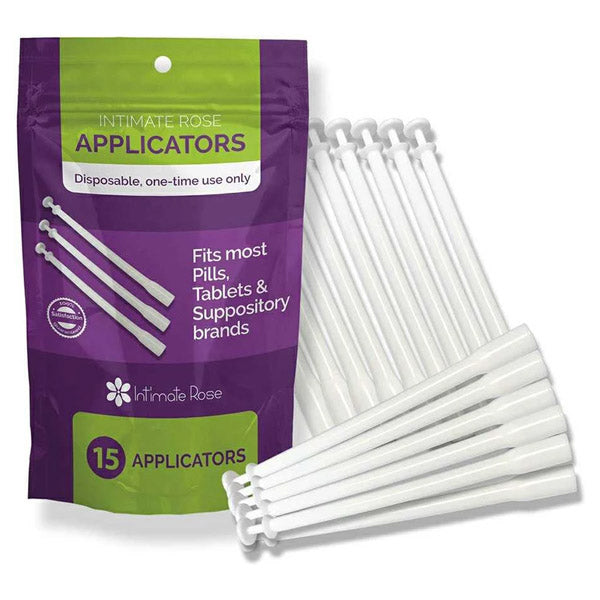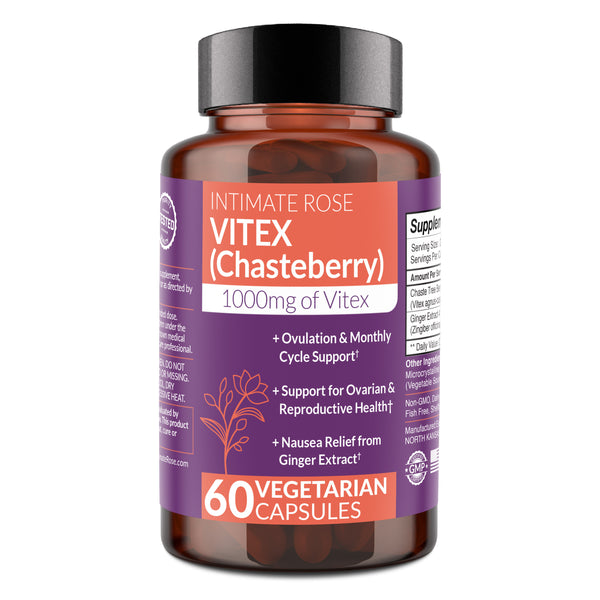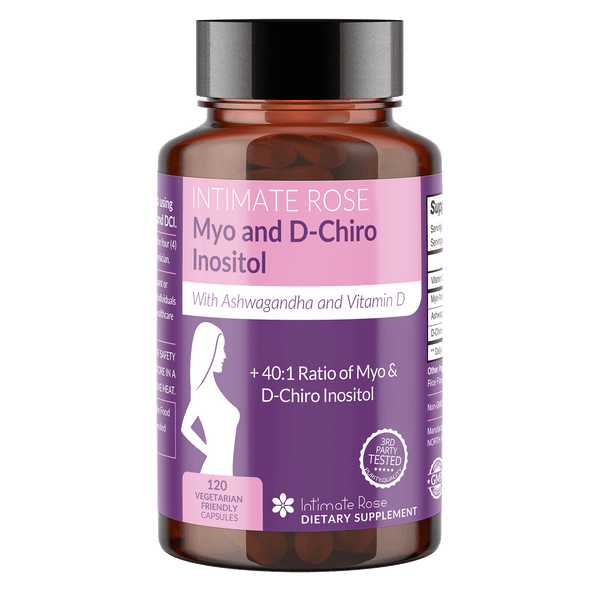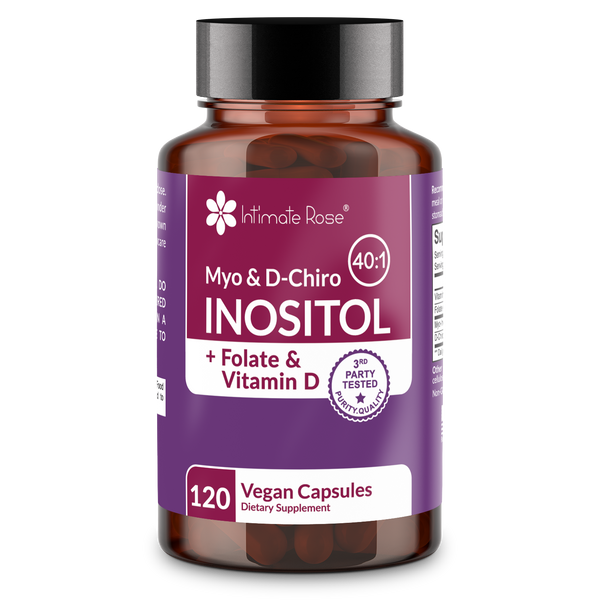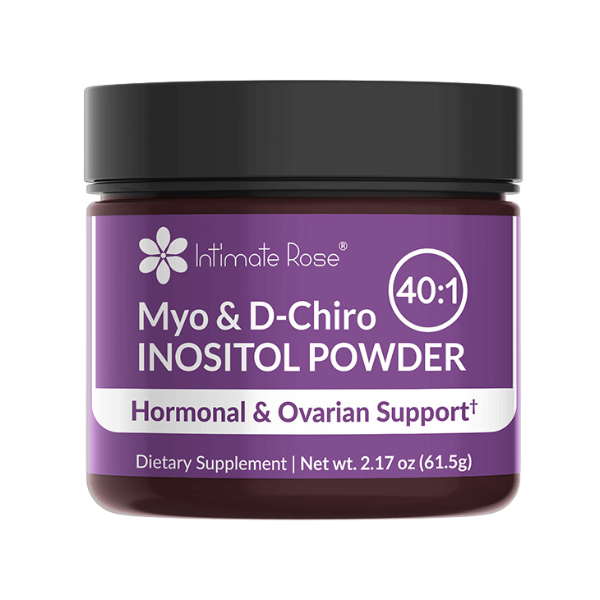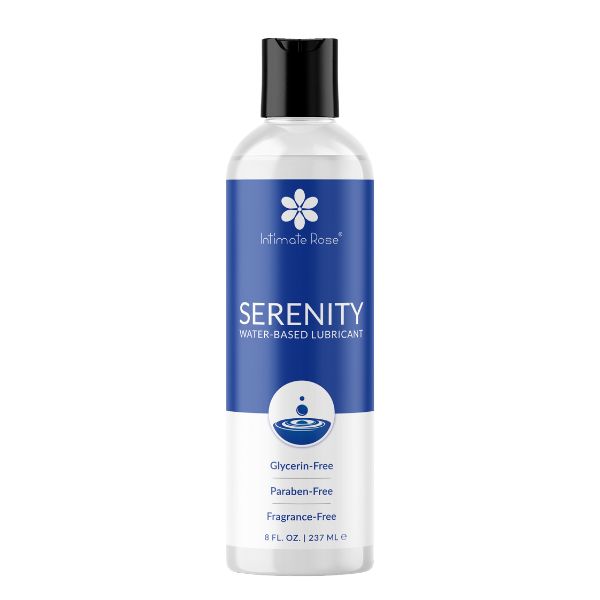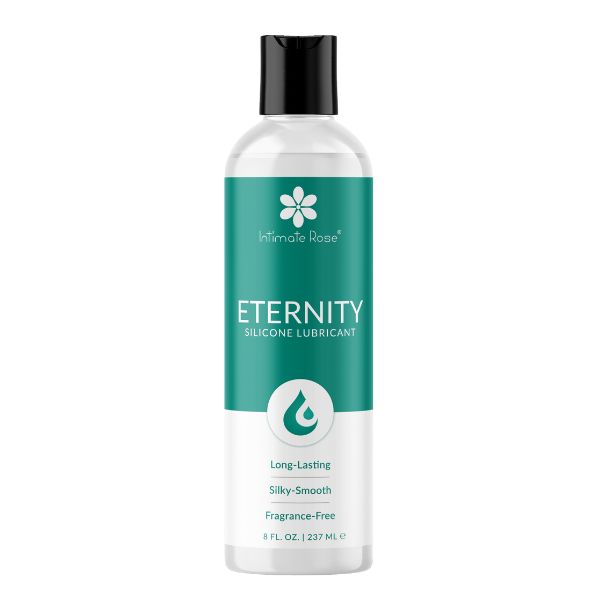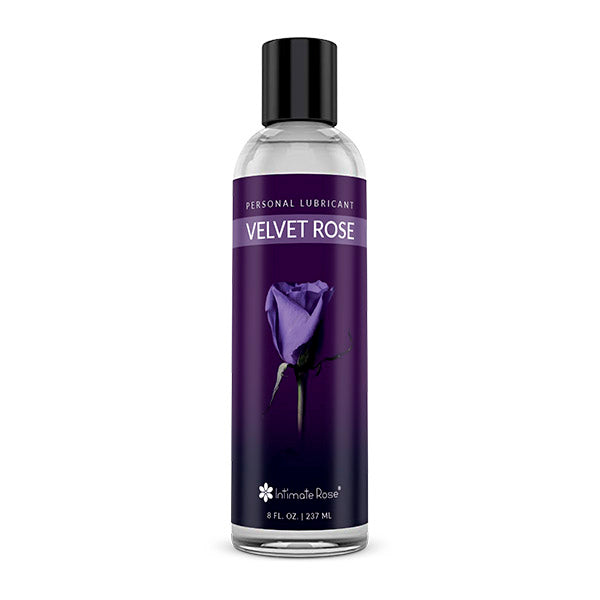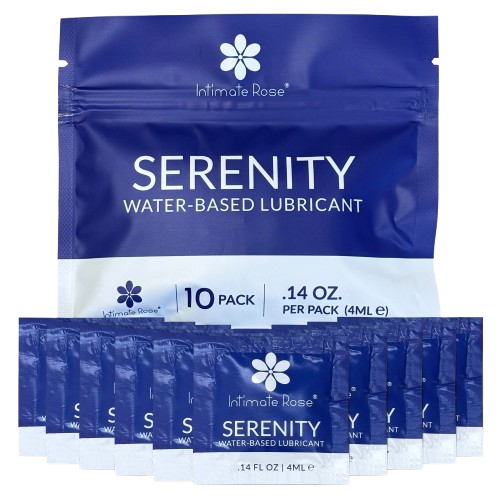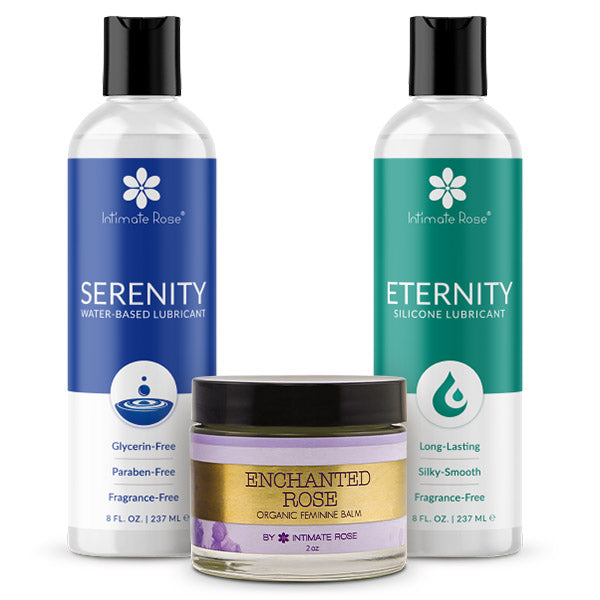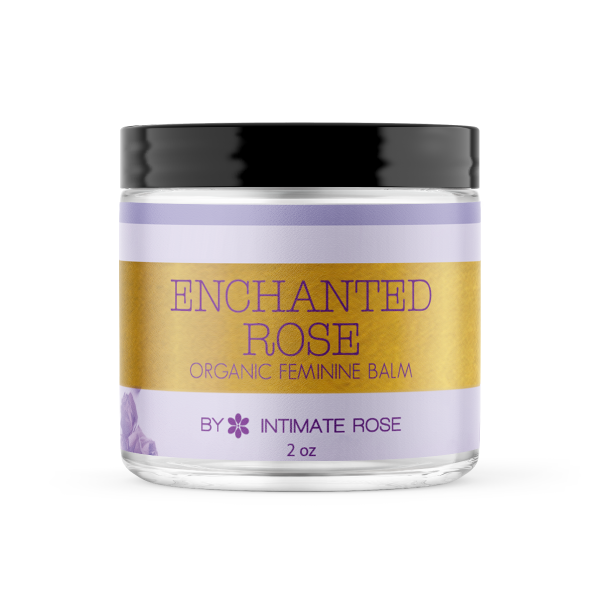
Vaginal dryness is extremely common and not always the result of a medical condition or menopause. According to Women’s Health Concern 17% of women aged 18-50 experience a lack of vaginal lubrication and pain during sex. For some, it is a temporary issue.
For others, it can be a constant struggle that affects their confidence, relationships, and overall happiness. While menopause and medical conditions like breast cancer might call for doctor-approved medication, there are some easy home remedies everyone can use to treat vaginal dryness.
Let’s look at the common causes and symptoms vaginal dryness, medical treatment, and the natural alternatives available to women today.
What Are the Causes of Vaginal Dryness?
The causes of vaginal dryness can vary greatly from woman to woman, so it is always important to consult your doctor before self-diagnosing. The female body and endocrine system are complex and vaginal dryness can be caused by a whole host of factors from a decrease in estrogen levels to the foods we choose to eat.
Some common causes include:
- Menopause and vaginal atrophy from the reduction of estrogen levels
- Sjogren's syndrome, a disorder of the immune system
-
Contraception and the disruption of a woman’s natural estrogen, testosterone, and progesterone levels
- The sudden drop in estrogen in the days leading up to menstruation
- Douching and the reduction of the naturals lubrication on the vaginal tissue
- Dehydration from not drinking enough water or overconsumption of alcohol
-
Endocrine disruptors (chemicals & parabens) found in shower gels, household detergents, and laundry detergents
Worry and performance anxiety surrounding sex, not wanting to let a partner down reduces the ability to relax, which decreases arousal and results in vaginal dryness
Stress and anxiety, which puts natural bodily functions like lubrication on hold - UTI’s & Yeast Infections
- PCOS
- Medical conditions like diabetes, inflammatory bowel disease & multiple sclerosis
- Antidepressants
- Cancer, chemotherapy, and radiation therapy
Treatment for Vaginal Dryness
Hormone Replacement Therapy
Hormone replacement therapy is the most common treatment for women experiencing serious hormonal changes. This is most commonly used for menopausal and post-menopausal women suffering from vaginal atrophy and a lack of vaginal lubrication.
You may be prescribed creams, pills, gels, and medicines to increase estrogen in the body. Some women experience side effects including; bloating, breast tenderness, or swelling, but these symptoms are known to pass after a few weeks. HTR can be combined with physical therapy, vulvar balms, and water-based lubricants for symptom relief.
Supplements That Contain GLA
A potential natural alternative to HRT, research has shown that oil supplements containing GLA like borage oil, evening primrose oil, nigella sativa oil, and hemp oil may provide benefits in the form of suppositories for vaginal dryness due to their estrogen-like activity in the body.
This is an option for women who are not suitable for HRT, or who do not wish to use it. Be sure to consult with your doctor about these supplements in case they interfere with any medication.
Pelvic Physical Therapy and Vaginal Dilators
Often when pain is experienced in the vaginal tissue over a long period, the muscles remember this and involuntarily contract, even after the cause is treated. Pelvic floor physical therapy works to strengthen atrophied muscles, eliminate pelvic floor tension and restore normal functioning to the pelvic floor muscles.
This is great for improving vaginal dryness as it encourages the vaginal muscles to relax and heal. A pelvic physical therapist can also teach you how to use vaginal dilators for atrophy to help relieve any discomfort by stretching your vagina.
Vulvar Balm and Natural Vaginal Moisturizers
Vulvar balms are a fantastic home remedy to find relief from your symptoms. As well as providing comfort from dryness, irritation, and redness they also provide long-term benefits. They rehydrate your vulvar tissue by getting absorbed into the skin and bonding with your vaginal lining, mimicking natural vaginal secretions.
They also provide longer relief by lowering the vaginal PH. When choosing a vulvar balm or vaginal moisturizer make sure the product is organic, natural, clinician developed, and free of chemicals, parabens, phthalates, and gluten.
Water-based Lubricants During Sex
For all women with mild to extreme vaginal dryness, water-based personal lubricants are incredibly effective for sexually active women at relieving discomfort and pain during intercourse. Water-based lubricants can be used safely alongside condoms and are known to improve sex by decreasing friction and making sex more pleasurable.
When choosing a lubricant it's important to choose a safe, water-based, toxin-free, FDA-approved product that is as close to the vagina's natural PH as possible. Oil-based substances like baby oil and petroleum jelly should be avoided as they can disrupt the natural PH of a woman’s vagina, increasing the chances of a bacterial infection.
They have also been shown to damage the protective latex in condoms, so be sure to purchase a water-based product.
What Diet is Best for Vaginal Dryness?
To work at its optimum function, your vagina needs a healthy amount of good bacteria and a lower PH level. Bacteria-friendly and PH-balancing foods like kefir, plain yogurt, and leafy greens are great sources of prebiotics, high in nutrients, and anti-inflammatory.
All important to maintaining a healthy vagina. Sugar and processed foods are highly acidic and cause bad bacteria to multiply, which directly affects your vagina’s health and natural lubrication.
Stress Reduction Techniques & Breathing Exercises
When we are stressed, we enter our sympathetic nervous system, commonly known as our fight or flight mode. In this state, all our bodily functions shut down, including those responsible for arousal and natural lubrication.
Too often in the modern world, we stay in this chronic state of fight or flight. Stress-reducing practices like breathing exercises, yoga, tai chi, pilates, massage, meditation, and gentle walking can all active your rest and digest state.
Practicing them daily is highly recommended to improve our overall quality of life, balance our hormones and optimize our natural bodily functions.
A Final Note on Vaginal Dryness
Vaginal dryness is an incredibly debilitating condition, with a lot of women avoiding treatment due to embarrassment. Whether it’s as a result of a medical condition or a passing problem, there are some very easy remedies available to help reduce pain and improve symptoms.
A combination of stress reduction practices, vulvar balms, water-based personal lubricants, estrogen treatment, alternative supplements, and pelvic physical therapy are all ways to reduce pain and improve your overall quality of life and enjoy being sexually active.
References:
1) Vaginal dryness. Women's Health Concern. (2020, December 15). Retrieved September 25, 2021, fromhttps://www.womens-health-concern.org/help-and-advice/factsheets/vaginal-dryness/.
13) Gerritsen, R. J. S., & Band, G. P. H. (2018, October 9). Breath of life: The respiratory vagal stimulation model of contemplative activity. Frontiers in human neuroscience. Retrieved September 25, 2021, from https://www.ncbi.nlm.nih.gov/pmc/articles/PMC6189422/
NEW!! Menopause & Perimenopause Solutions
